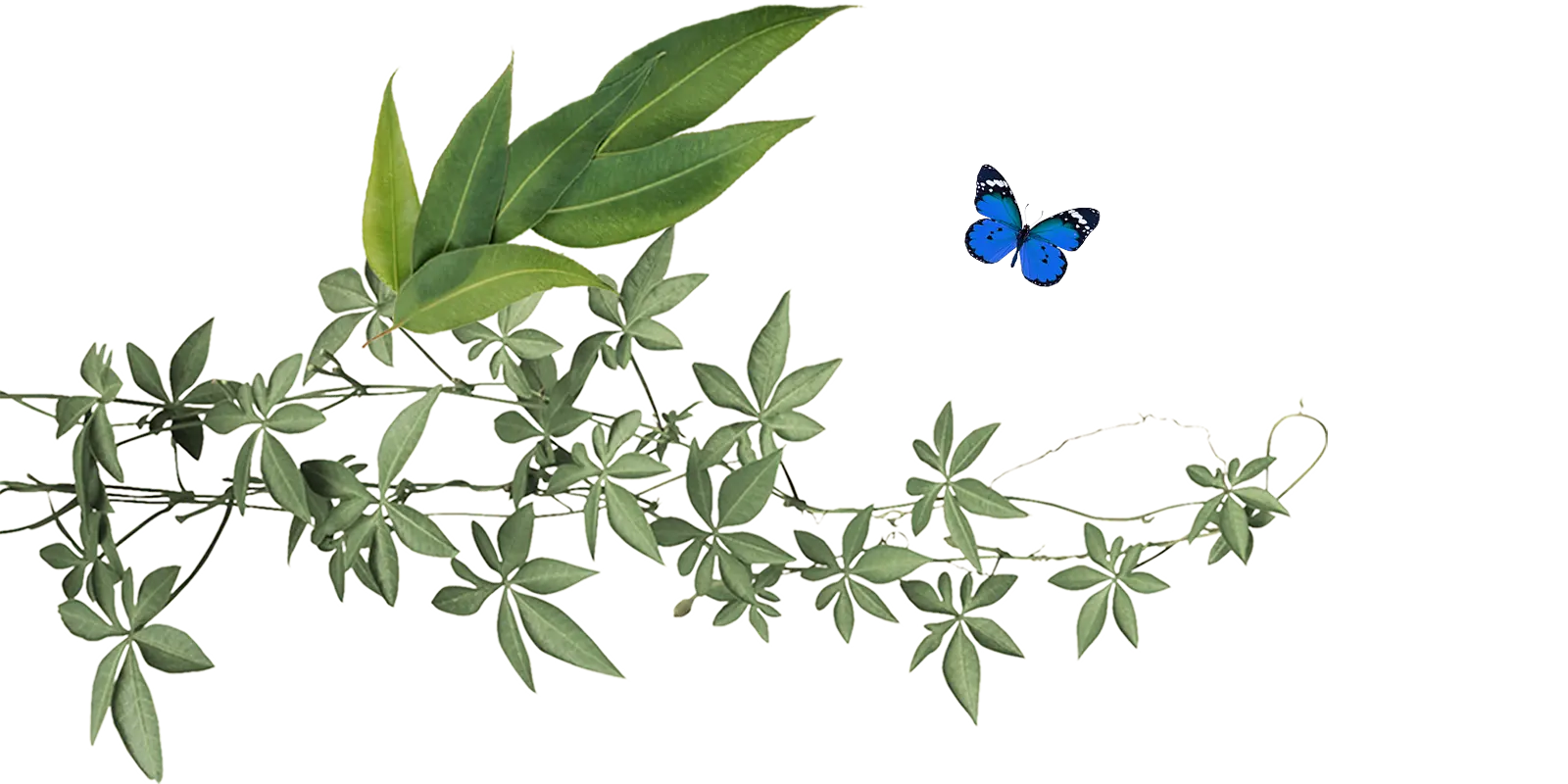
About Juma
Chief of the Kaarimã village, in the Xipaya Indigenous Land, by the Iriri river, she is also president of the Terra do Meio Network Association, which represents forest peoples in the commercialisation of over 10 types of products in the Terra do Meio Region. In 2020, she founded the Juma Institute, whose mission is to protect the forest, cultural heritage, intellectual property, and territories of indigenous peoples and traditional communities in the Brazilian Amazon.
What does regeneration mean to you?
Regeneration means preserving the Amazon Forest through strengthening the Indigenous worldview as the Indigenous peoples are in the frontlines of protecting the forest as well as in the front lines of regenerating it. By regenerating Indigenous traditions affected by colonization, regeneration follows.
What are you/your organisation doing to regenerate the planet?
The revival of Amazonian ancestry combined with the best technological practices of global agroecology, traditional medicine, territorial defense and women and youth empowerment is the path to the regeneration of the Amazon rainforest and its peoples, and the mission of the Juma Institute. We are currently working on a project with traditional medicinal plants. The objective is to revive and promote the knowledge of traditional medicine, protect its cultural wealth and customs, in addition to strengthening Indigenous identity as a way of regenerating the forest. We also work with advocacy as a way to inform people on the issues of the Amazon rainforest and the Indigenous Peoples who live there, and also to encourage audiences to adopt more environmentally sensitive practices.
What was your personal journey to regeneration?
The Xipaya Indigenous Territory, where I am from, is located in the Municipality of Altamira, state of Pará, and is the scene of advanced territorial conflicts over the use of natural resources, such conflicts generated by illegal mining and logging. Another example of pressure suffered in the territory is the implementation of the Belo Monte Hydro dam, that highly impacted the area.
With external influences, customs have been modified over time. In addition to the emergence of diseases that were not common before, there was also a reduction in the consumption of natural remedies for chemical composition remedies.
This is what inspired me to take action, to speak up for the Indigenous Peoples of the Middle Xingu Region in the Amazon, and to carry out this revival of ancient customs with regards to Indigenous health through the use of medicines produced with medicinal plants.
Actions you can take to support Juma:
- Learn more about Juma Institute's projects and work
- Learn more about the Indigenous Peoples in Brazil
- Donate to protect the Amazon Rainforest and its Guardians
Collective responses

Restore and regenerate habitats
This response presents an opportunity for a meaningful collaboration between people, plants, animals, water and the land.

Protect plants and animals
This response looks at how we can implement new laws that protect ecology, introduce marine and land protection areas, plus raise awareness about the impact our economic system is having on the species we share this planet with.


